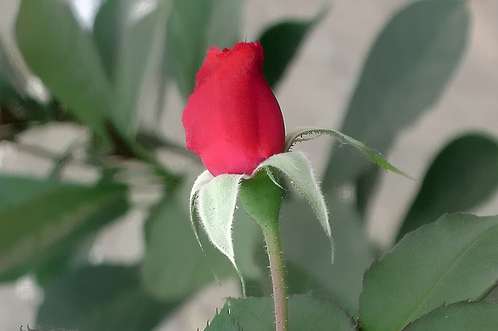FWP:
SETS == DEFINITION; HUMOR; GESTURES; KIH; STRESS-SHIFTING
'CUTE' VERSES: This ghazal contains the largest concentration
of 'cute' or 'coy', comically and haplessly flirtatious, verses in the whole divan. And even here, there
are only four: {116,1}; {116,3}; {116,4};
{116,6}. Just take a look at them and see if they
don't stand out a mile from his usual style. They're not of course really
grouped together, and in fact are combined with some rather heavy-duty mystical
ones. Perhaps it's partly the effect of the refrain: kih yuu;N might well push one's imagination toward non-verbal
effects, either humorous (sitcom situations) or transcendent (forms of beyond-words-ness
or inexpressibility).
This ghazal is one of the very few long early ghazals from which Ghalib chose to include every single verse in his published divan. Its meter is a nice swingy one, the same as that of the previous ghazal, {115}. For discussion of this fairly uncommon meter, see {115,1}.
This particular verse was constantly recited to me by ordinary people in Lahore, when they learned that I was studying Ghalib. It was always recited with at least a big smile, and usually with laughter. And the verse well deserves it, because it's enjoyable on so many levels.
Since this verse is an opening-verse, it has two occurrences of kih yuu;N to play with. Ghalib has carefully arranged the verse so that each occurrence may represent an unspoken gesture (do it like this), or may be put in the mouth of either the lover or the beloved (as quoted speech: 'Like this!').
And how cleverly the first line has been contrived! The speaker objects to something in it, but there are a number of things to which his objection might apply, so that the range of meanings becomes considerable. Here are the main possibilities:
=Don't show a pursed little 'unopened bud', show me an 'open' or blooming flower, by smiling or laughing (or kissing me).
=Don't show me an unopened bud (or pursed lips) from 'afar', show it to me from very near.
=Don't just 'show' me a kiss, demonstrate it with your mouth, by kissing me.
=Don't just show me things by gestures, 'tell' me them in words ('like this!'). (And as my students have pointed out, the pursed-lip shape of saying yuu;N is ideally suited to the purpose.)
The lover's preferred alternative, the fix for all these problems, is mu;Nh se mujhe bataa kih yuu;N . Among its multiple possibilities are all the lover's desires: an opened mouth, shaped for a kiss; direct physical contact; a kiss itself; words about kisses.
This is one of Ghalib's verses of genuinely erotic (though also humorous) suggestion; for others, see {99,4}. This is also a verse in which the beloved seems not to be God; for others, see {20,3}.
The lover may be witty and clever in his presentation of his faux-naïf demand for a kiss, but the verse shows us clearly that the beloved is an equally adroit tease: she has used a deft little pursed-lips gesture either to implicitly define a kiss, or to mimic the giving of a kiss. She has thus contrived to frustrate the lover's desires, even while amusingly pretending to fulfill them. Owen Cornwall points out the number of o and uu and u sounds in the verse, which cause the reciter's lips to pucker into something like a ... bosah .
An enjoyable verse for comparison is {193,3},
which joins the present verse in obsessing over the movements of the beloved's lips.

Nazm:
That is, when I asked, 'how do people kiss?', you showed me from afar an unopened bud: 'look, this is the way to kiss'. Not like this! Come near, and tell me with your mouth how people kiss. (124)
== Nazm page 124